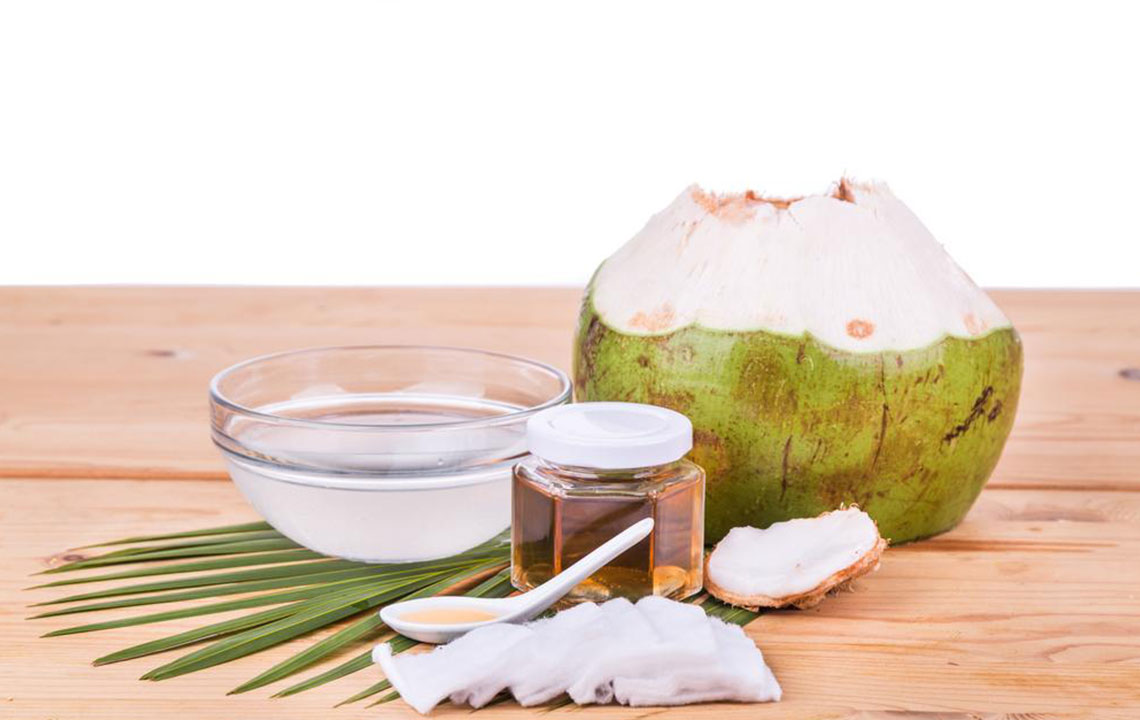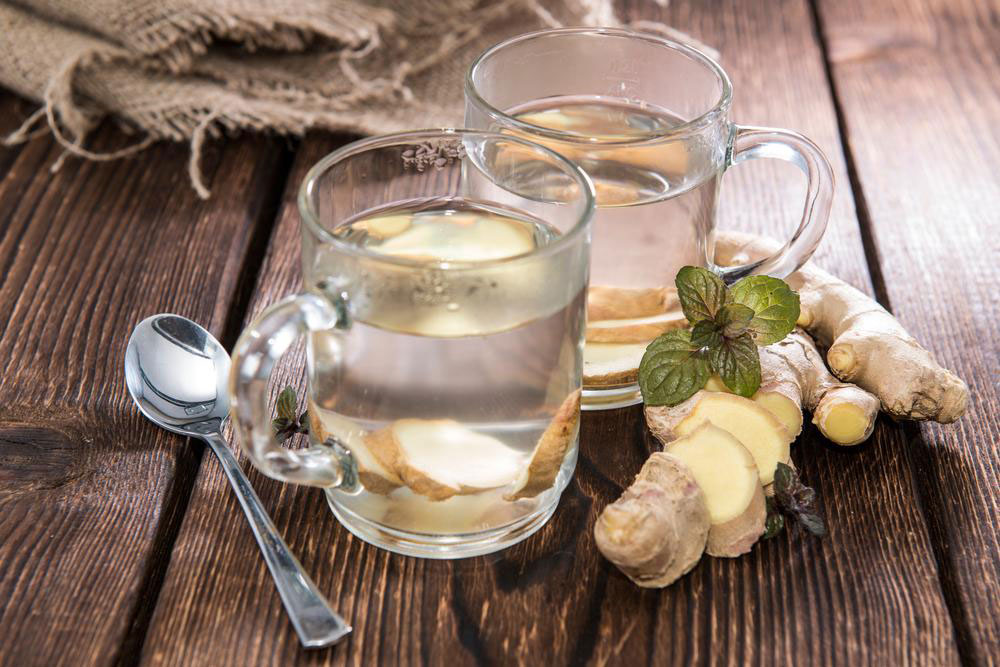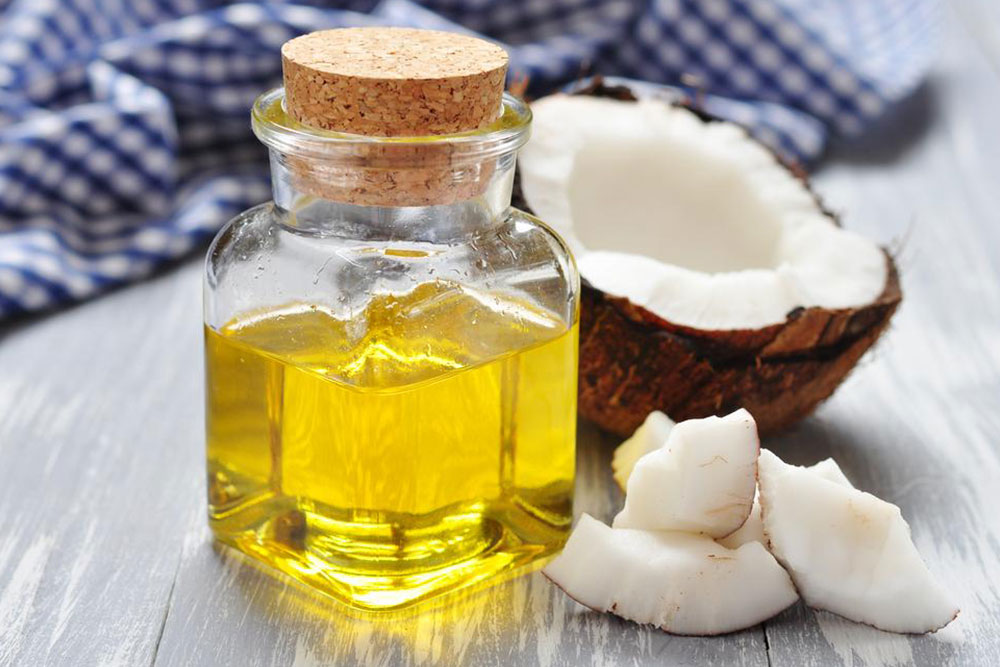Comprehensive Natural Methods to Increase Low Platelet Counts for Better Health
This comprehensive article explores natural methods to support and increase low platelet levels through diet, herbs, lifestyle, and hydration. It emphasizes the importance of a holistic approach alongside medical treatment, providing practical advice for enhancing blood health and preventing complications associated with thrombocytopenia.

Holistic Strategies for Supporting and Enhancing Low Platelet Levels Naturally
If you’ve been diagnosed with thrombocytopenia, commonly known as a low platelet count, you might be exploring ways to improve your condition through natural means alongside medical treatments. Platelets are tiny cell fragments in your blood that play a critical role in clotting and healing wounds. When their numbers drop below normal, it can lead to bleeding issues and other health complications. While severe cases often require medical interventions, incorporating holistic approaches can support your body’s natural ability to produce and maintain healthy platelet levels.
Understanding the Role of Platelets and Causes of Thrombocytopenia
Platelets, also called thrombocytes, are microscopic fragments originating from the bone marrow. Their primary function is to form clots at injury sites, preventing excessive bleeding. They are essential for maintaining vascular integrity and facilitating recovery after injuries. A normal platelet count ranges typically between 150,000 and 450,000 per microliter of blood. When levels fall below this range, individuals are at increased risk for bleeding, bruising, and in severe cases, internal hemorrhaging.
Low platelet levels, or thrombocytopenia, can arise from various causes. Understanding these causes is the first step toward managing the condition effectively through natural and medical methods.
Increased bleeding tendency due to decreased platelets manifests through symptoms such as easy bruising, bleeding gums, prolonged bleeding from cuts, and internal bleeding complications. Recognizing these symptoms early can prompt timely intervention.
Common Causes of Thrombocytopenia
Viral infections like dengue fever, hepatitis C, HIV, and mononucleosis can significantly affect platelet production.
Side effects from certain medications, including antibiotics, anticonvulsants, and chemotherapy drugs, may impair platelet function or production.
Autoimmune diseases such as lupus erythematosus or rheumatoid arthritis can cause the immune system to attack platelets.
The presence of bone marrow disorders, including leukemia or myelodysplastic syndromes, can hinder platelet synthesis.
Chronic conditions affecting the liver or spleen, such as cirrhosis or splenomegaly, can also lead to reduced platelet counts.
While medical treatment remains essential in managing severe thrombocytopenia, natural methods can serve as valuable supplementary strategies to support overall blood health and potentially increase platelet production.
Dietary and Nutritional Support for Healthy Platelet Levels
A well-balanced diet rich in specific vitamins and minerals is fundamental to maintaining overall health and supporting blood cell formation, including platelets. Focusing on nutrient-dense foods can help improve your body's capacity to produce and sustain adequate platelet levels.
1. Vitamin B12 and Folate (Folic Acid): These nutrients are vital for the synthesis of red blood cells and platelets. Deficiencies can lead to suppressed platelet production. Dietary sources include lean meats, eggs, dairy products, leafy green vegetables like spinach and kale, beans, lentils, citrus fruits such as oranges and grapefruits, and fortified cereals.
2. Iron: Iron is essential for creating hemoglobin in red blood cells, but it also plays a role in overall blood health. Adequate iron intake can support the production of healthy blood components. Rich sources include red meat, poultry, fish, lentils, kidney beans, spinach, and iron-fortified cereals.
3. Vitamin C: This vitamin enhances iron absorption from plant-based foods and supports the integrity of blood vessel walls, reducing bleeding risk. Good sources are citrus fruits, strawberries, bell peppers, broccoli, kiwi, and tomatoes.
4. Vitamin K: Critical for blood clotting, vitamin K deficiencies can impair clot formation. Green leafy vegetables, fish, meat, eggs, and dairy are excellent sources.
Herbal and Natural Remedies Supporting Blood and Platelet Health
Throughout history, certain herbs and natural supplements have been reputed to boost blood health, including platelet count. Scientific research is ongoing, but some traditional remedies show promising results in supporting your body’s natural processes.
Papaya Leaf Extract: Studies and anecdotal reports suggest that papaya leaf extract can effectively increase platelet counts, particularly in cases of dengue fever. It contains compounds that may stimulate platelet production and support immune health.
Giloy (Tinospora cordifolia): An adaptogenic herb indigenous to India, giloy is known for its immune-boosting and anti-inflammatory properties, which can help stabilize blood health.
Echinacea: Widely used in herbal medicine to enhance immune function, echinacea may assist in promoting healthy blood components and support recovery in certain conditions.
It’s important to consult with a healthcare professional before starting any herbal supplements, especially if you are on medication or have underlying health issues.
Adopting Healthy Lifestyle Habits to Support Platelet Levels
Beyond diet and herbs, lifestyle choices significantly influence blood health and immune function. Integrating healthy habits can positively impact your body's ability to produce and maintain healthy platelet levels.
Moderate Exercise: Engaging in regular, gentle physical activity improves circulation, boosts immune health, and promotes overall vitality. Avoid excessive exertion that could cause injury or bleeding risk.
Sufficient Rest and Sleep: Quality sleep is crucial for immune system resilience and recovery. Aim for 7-9 hours of restful sleep per night.
Stress Management: Chronic stress can weaken the immune system. Practices like yoga, meditation, deep breathing exercises, and mindfulness can help reduce stress levels.
Maintaining mental and physical balance supports your overall health and may help stabilize platelet counts over time.
The Importance of Hydration and Blood Health
Proper hydration is pivotal for maintaining blood volume, enabling efficient circulation, and supporting platelet functionality. Drinking sufficient water throughout the day helps dilute blood components and prevents dehydration-related complications.
Aim to drink at least 8 glasses of water daily, adjusting for activity level and climate. Hydration aids in nutrient transport, waste removal, and overall blood health.
When to Seek Professional Medical Advice
If you experience symptoms such as unexplained bruising, prolonged bleeding, blood in stool or urine, or if wounds are slow to heal, consult a healthcare provider immediately. These signs could indicate serious underlying conditions requiring urgent medical attention.
While natural methods can support blood health, they should not replace professional diagnosis and treatment. Combining natural approaches with conventional medicine offers a comprehensive strategy for managing low platelet counts effectively and safely.
This extensive guide highlights dietary strategies, herbal options, lifestyle modifications, and hydration tips to help support healthy blood and potentially boost platelet production naturally, fostering overall well-being.





